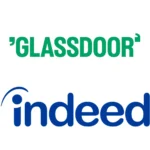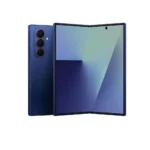Toyota and BMW have announced a comprehensive partnership focused on accelerating the development and affordability of fuel cell vehicles (FCVs). The two automotive giants will sign a memorandum of understanding on September 3, formalizing a collaboration that has been in the works since 2012. Under the agreement, Toyota will supply key components, including hydrogen tanks, while BMW will focus on mass production of hydrogen-powered cars.
This partnership comes at a time when global hydrogen car sales are struggling, with a 34.1% decline in the first half of this year. Despite this, Toyota and BMW remain optimistic about the long-term potential of hydrogen technology. By standardizing critical components, the companies aim to reduce costs, which have been a significant barrier to broader adoption.
Toyota, a pioneer in hydrogen technology with its Mirai model, and BMW, developing the iX5 Hydrogen, are positioning themselves to challenge Hyundai, the current leader in the hydrogen vehicle market. As the competition heats up, both companies are targeting price reductions and infrastructure improvements to make hydrogen cars more accessible.
The partnership also highlights the broader challenges facing the hydrogen sector, particularly the limited number of hydrogen refueling stations compared to electric vehicle charging points. Addressing this gap will be crucial for Toyota and BMW as they work to expand the hydrogen vehicle market.



